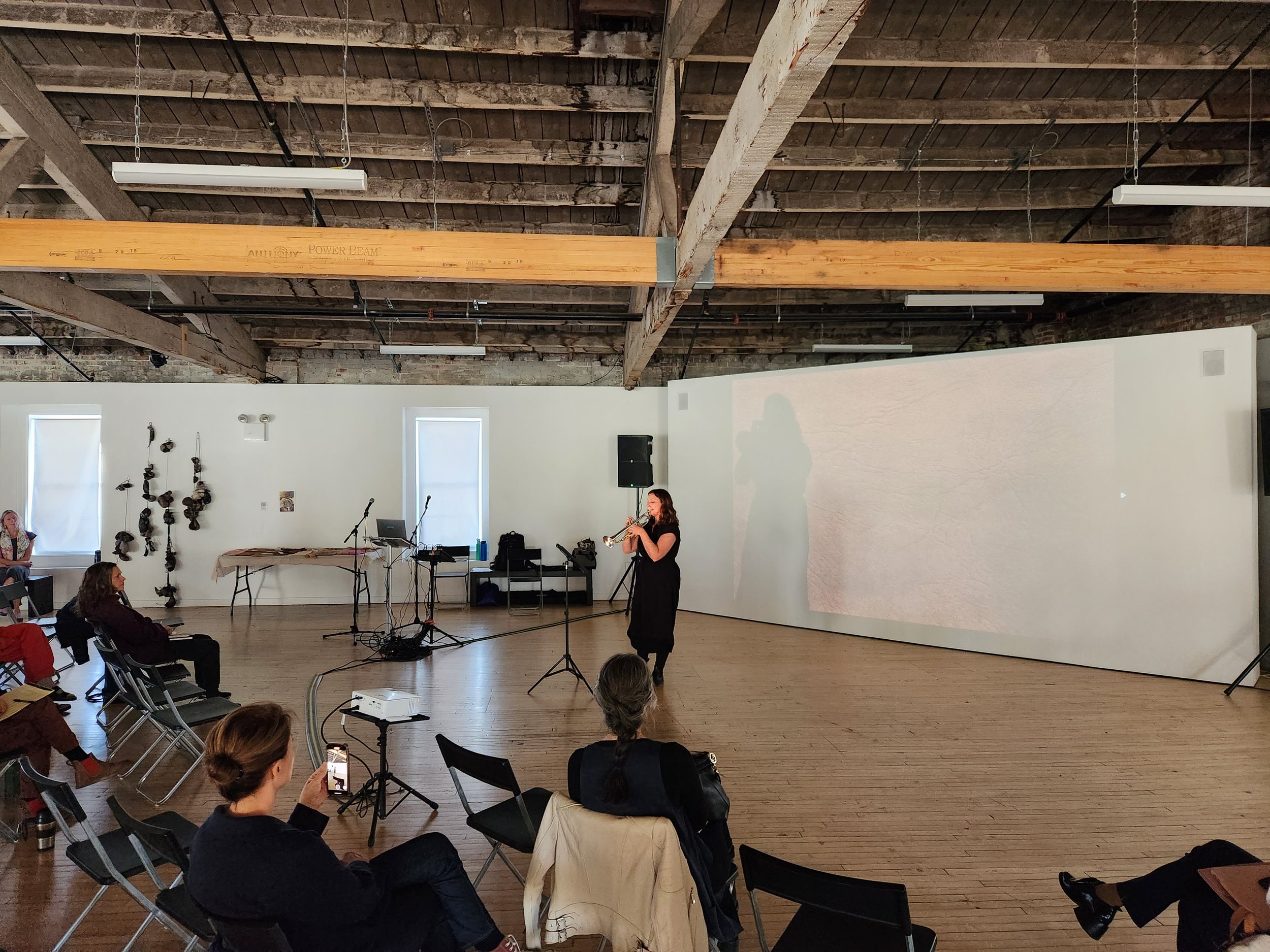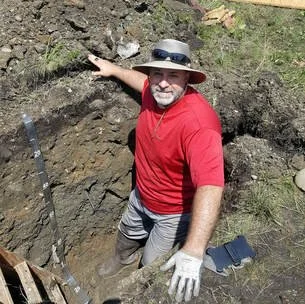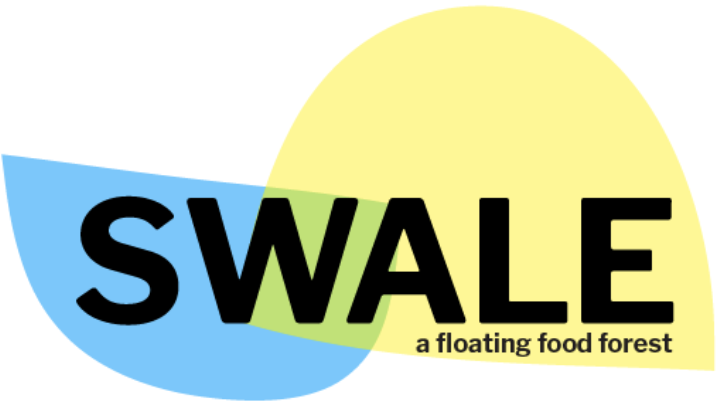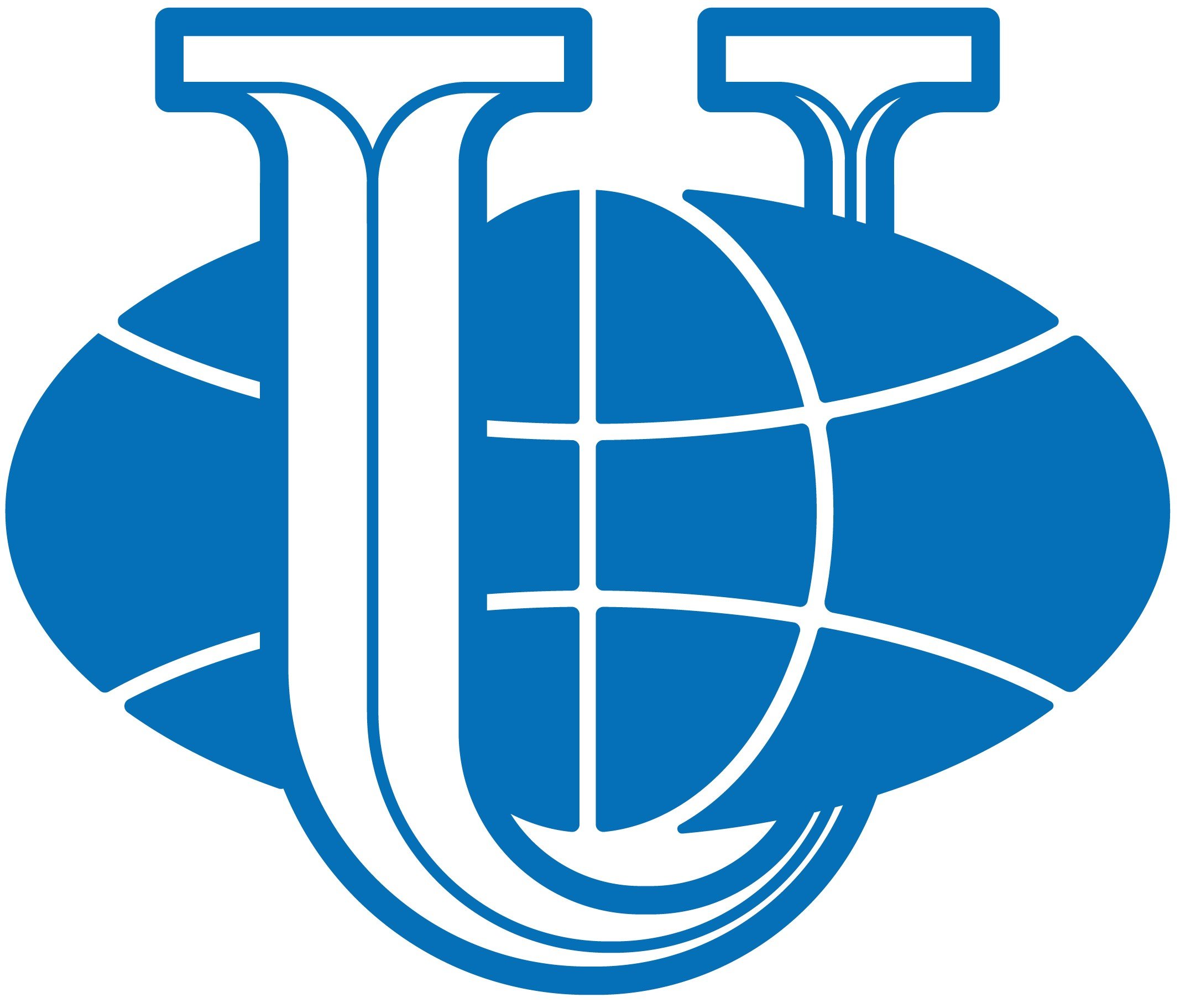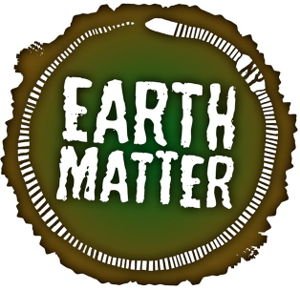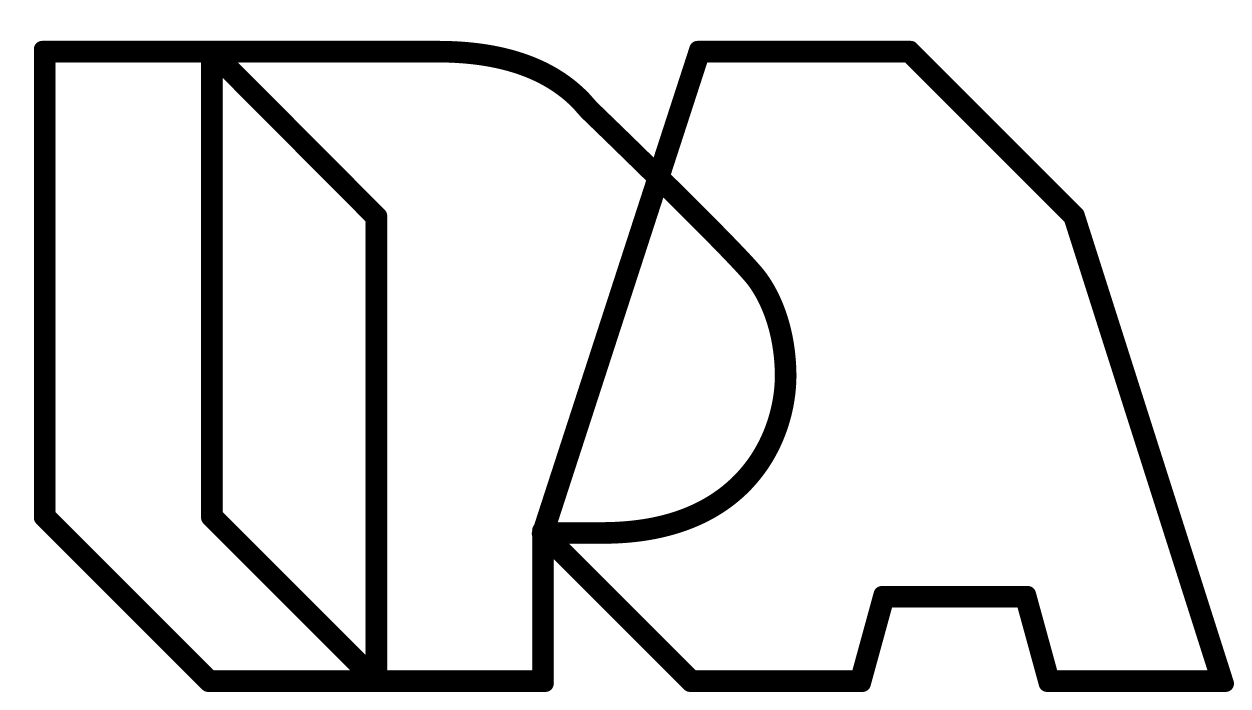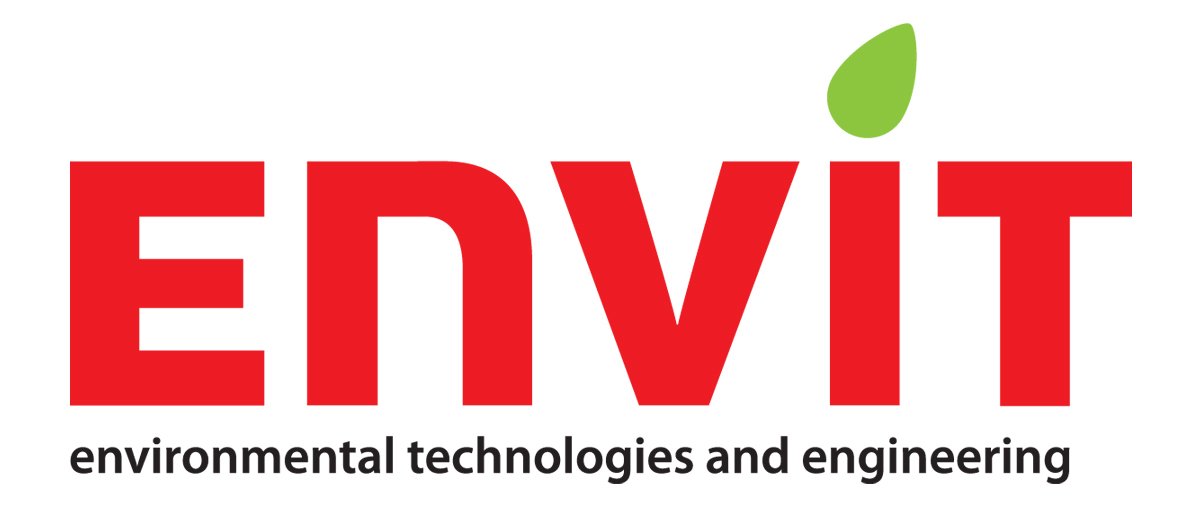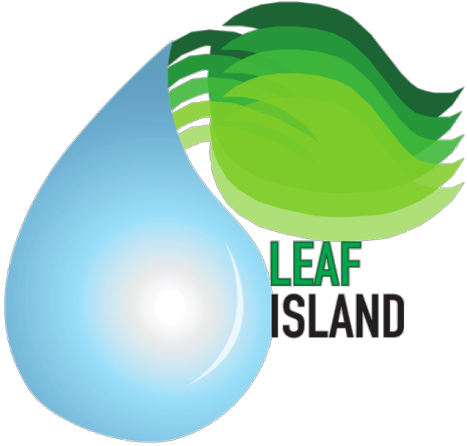Thank you all for coming to the in-person sessions of Metabolism of Cities: Pt. 2. It was a blast to host you!
Metabolism of Cities: an invitation to explore Nature’s metabolisms & the metabolisms of our Built worlds; discovering the problems and finding the opportunities for true sustainability.
Our built environments, driven by consumption, mimic and employ part of Nature’s metabolism, but disconnect from it at the point where we create the waste stream. This disconnection triggers a cascade of issues socially, culturally, environmentally, and economically.
Metabolism of Nature runs the living planet with each organism playing its part; sustaining, optimizing, recovering, breaking and building, under the unnegotiable laws of Nature.
SOILS: are the dynamic force supporting all life that runs the planet.
Integrating them back into the built environment reconnects us to the non-built environments, making soils the fundamental opportunity for metabolism repair, enabling true sustainable development for human and environmental health & wellness.
This is a platform bringing together different disciplines, sectors, and backgrounds for discussion and building action items together. We are inviting you to bring your projects, ideas, research, stories, and explorations to share.
Soils Unite!
Virtual Session Presentations
Gallery
Contributors
Wendy Brawer
Eco-designer, Cultural Creative, Founder of Green Map System
Exhibit: Green Maps
Tori Coleman
Urban Beekeeper, MPH Graduate Student at SUNY-Downstate
Presentation: Assessment of the Urban Aerobiome Microclimate
Brian Fath, PhD
Professor, Department of Biological Sciences, Towson University
Presentation: Sustainability for Regenerative Economics
Stephanie Garon
Artist, Writer, Poet
Presentation: Cement Sinkers versus Clay Tinkers
Mark Maddaloni, DrPH
Toxicologist and Health Scientist
Presentation: Implications of EPA's Proposed Dust Hazard Standard on Lead Screening Levels
Katherine Patiño Miranda
Artist, Founder of Creative Nature NYC
Exhibit: Practice 101 (Primal Ground)
Liz Parades
Land Steward and Community Educator
Presentation: Community Culturing with Indigenous MicroOrganisms
Susan L. Smith, PhD
Artist & Educator, Graduate Coordinator of Intermedia Programs Associate Professor of Research at University of Maine
Exhibit: Absence of Urgency: Nomadic Garden Cart
Walker Tufts
Game Designer & Artist
Presentation: Dirtball: Art in the Critical Zone
Exhibit: Dirty Signs: Dirt Emoji Workshop
Virginia Kasinki
Executive Director, Newburgh Urban Farm and Food, Inc. (NUFFI)
Presentation: Newburgh Urban Farm and Food Initiative - a community perspective
Sam Anderson
Urban Agriculture Specialist at Cornell Cooperative Extension
Presentation: Urban Ag Soil Tests: Why They're Broken and How to Fix Them
Daniel Pravit Fethke
Interdisciplinary Conceptual Artist
Exhibit: Rain/Gray/Green Water (working title)
Katerie H. Gladdys
Transdisciplinary Artist, Associate Professor at the College of the Arts, University of Florida
Exhibit: Continuous Compost
Maria Korneykova, PhD
Researcher at the Smart Urban Nature Laboratory, RUDN University
Presentation: Soil Microbial Communities Found in Constructed Technosols within Cities of Different Climatic Zones
Exhibit: Scientific Poster Accompanying Presentation
Jack Magai
Arborist, Artist, Founder of More Trees Arborist Collective
Presentation: The Pristine and the Sullied
Exhibit: Eco-Dérives
Justin Morris-Marano
Interdisciplinary Designer, Founder of Flourish LAB
Exhibit: Earth Conditions
Sonja Petermann
Interdisciplinary Artist, Printmaker
Exhibit: Rain/Gray/Green Water (working title)
Daniel Walsh, PhD
Founding Director of NYC Mayor's Office of Environmental Remediation, Founder of Clean Soil Bank, NYC Voluntary Cleanup Program and NYC Green Property Certification Program
Moderator for Breakout Session
Marisa DeDominicis
Co-Founder and Executive Director, Earth Matter NY
Presentation: A Future for Compost?
Journei Bimwala
Native Plant Educator, Founder of Each One Carry One
Presentation: Community Culturing with Indigenous MicroOrganisms
Diedre Brown
PhD Candidate, Urban Systems program at New York University’s Tandon School of Engineering
Presentation: Assessment of the Urban Aerobiome Microclimate
Maha Deeb-Collet, PhD
Environmental Scientist, Researcher at University of Applied Sciences and Arts, Western Switzerland
Presentation: What is the best way to design constructed soils to achieve better phytomanagement outcomes?
Daniel Fiscus, PhD
Sustainability Scientist
Research Alliance for Regenerative Economics
Presentation: Sustainability for Regenerative Economics
Emilie Houssart
Artist and Curator
Presentation: Countercolonial Motions
Exhibit: Columbian X-change iii
Edward R. Landa, PhD
Adjunct Professor
Department of Environmental Science and Technology
University of Maryland
Presentation: DITCHIN’: Carving out space in opposite fields
Paul S. Mankiewicz, PhD
Co-Founder of the NYC Urban Soils Institute, Founder of the Gaia Institute, Chief Scientist / Co-Founder of Leaf Island
Moderator for Breakout Session
Rebecca Murtaugh
Sculptor and Professor Art at Hamilton College
Exhibit: DiG
Presentation: Clay Exchange Workshop
Alec Rovensky
Residency Director, Institute for Public Architecture
Presentation: Terra Dispositions x USI
Exhibit: Terra Dispositions
Candace Thompson
Performer & Media Maker
Presentation: Community Culturing with Indigenous MicroOrganisms
You
By attending the Urban Soils Symposium, you become part of the story. Your contribution is critical!
Margaret Boozer
Ceramicist, Founder of Red Dirt Studio, Co-Founder & Director, USI Art Extension
Presentation: Clay Exchange Workshop
Elvira Dovletyarova, PhD
Associate Professor, Director of the Department of Landscape Design and Sustainable Development at RUDN University of Russia
Presentation: Monitoring, modeling and managing urban soils and green infrastructure
Nathan Hunter
Sustainable Community Development Professional
Presentation: Community Culturing with Indigenous MicroOrganisms
Max Lerner
Enviromental Developer, Founder of GROW Externships
Moderator for Breakout Sessions
Mary Mattingly
Interdisciplinary Artist
Director of SWALE
Session Lead for Collaboration Hub
Lisa Orr
Ceramicist, Artist, Educator, Clay Cohorts.art Mentor
Presentation: Clay Exchange Workshop
Richard K. Shaw, PhD
Soil Scientist
Presentation: Clay in New York City Soils: Quality, Quantity, Relevance, Assessment
Harrison Trethowan
Graduate Student, Biology, at the NYU Tandon School of Engineering
Presentation: Assessment of the Urban Aerobiome Microclimate
Seth Denizen, PhD
Researcher, Design Practitioner, Assistant Professor at Washington University in St. Louis
Presentation: The Right to Sewage
Dana Bourland
Environmental Justice Advocate, Author of Gray to Green Communities: A Call to Action on the Climate and Housing Crises
Presentation: Cement Sinkers versus Clay Tinkers
Progga Buiyan
Undergraduate Student, Chemical & Biomolecular Engineering, at the NYU Tandon School of Engineering
Presentation: Assessment of the Urban Aerobiome Microclimate
Krista Dragomer
Artist, Writer and Creative Mentor
Exhibit: From the Lutum Edge / Drawing on the End of the World
Sneha Ganguly
Mycologist, Founder of The Fungus Festival
Presentation: Community Culturing with Indigenous MicroOrganisms
Hernán Jourdan
Interdisciplinary Artist & Film Maker
Presentation: Countercolonial Motions (working title)
George Lozefski
Environmental Scientist, Educator, USI Team Member
Master of Ceremonies for the 8th Annual Urban Soils Symposium - Metabolism of Cities: Pt.2
Heather McMordie
Artist & Printmaker
Presentation: DITCHIN’: Carving out space in opposite fields
Ben Pagac
Entomologist, Radio Producer, Sound Artist & Musician
Exhibit: From the Lutum Edge / Drawing on the End of the World
Jason Sinopoli
Soils Researcher, Citizen Scientist
Exhibit: Soil Microbiology at Newtown Creek
Marina ‘Heron’ Tsaplina
Eco-Artist, Disability Culture Activist
Presentation: Animate Soils
Povi Romero
Artist, Native American Arts Fellow at Vilcek Foundation
Presentation: Grounded in Clay: The Spirit of Pueblo Pottery
Megan Cooper
Youth Engagement and Education Fellow, Brooklyn-Queens Land Trust, Undergraduate Student at Syracuse University (2023)
Presentation: The Role of Youth Engagement in Building Resilient Communities
Sessions
-
Thursday, November 30th, 2023, 9:15 am - 2:00 pm EST, held virtually over Zoom
Take Care of Your Own $hit!
Growing metabolism repair from waste. At present, Cities mimic Nature’s metabolism, but are fundamentally disconnected from it. This disconnection produces profound waste, and misallocation of resources and energy. High urban temperatures, environmental pollution, poor social outcomes, and inefficient supply chains are just some of the outcomes of the broken metabolic state of cities. Opportunities for sustainable development and quality of life are possible through metabolism repair, where anthropogenic waste streams and energy flows are reconnected back into a healthy exchange supported by soils.Consumerism to waste: social, material, and energy flows, data, media, technology, Going “Green”, economy, value, commodity, quality, development, sustainability, convenience.
This is the kick-off event for the ‘Take Care’ Series, a series of workshops and demonstrations continuing into 2024. We welcome your thoughts, questions, ideas for future ‘Take Care’ topics.
The Clay Exchange
Clay can be viewed as a particle size classification, but it is by far the most charismatic one of all. Through infinitesimally small pieces, clay is able to exit the realm of purely matter and become something else entirely. It is equal parts substance, chemistry and electricity, and through these unique properties, is able to channel both biochemical and creative exchange.Clay multiplies the reactive surfaces of other larger particles in the same way the Amazon Rainforest would to the surface of the moon. Rocks eventually decompose to clay, and clay proceeds to archive the developmental history of the broader soil, much the same way your kitchen sponge remembers the pasta bolognese from three weeks ago.
Clay is a governor of water and capillarity, and a prophet of ecosystem functions, with properties varying greatly according to origin, structure and charge.
Slippery, sticky, expanding, plastic-hard, clay changes as it is worked, fired, or mixed. Art and industry understood the dynamics of clay and its unusual characteristics to produce glass and ceramics for millennia, long before scanning probes and atomic force microscopy sought to demystify it. Nonetheless, the intuition of a skilled clay artisan often evades even the most rigorous laboratory analysis.
A world of mysteries is still to be uncovered exploring the phenomena of clay. One thing for certain is that clay is both a material and metaphor facilitating conversation among science, art and culture.
-
Friday, December 1st, 2023, 3:30 pm – 8:00 pm EST, held virtually over Zoom
Take Care of Your Own $hit!
Growing metabolism repair from waste. At present, Cities mimic Nature’s metabolism, but are fundamentally disconnected from it. This disconnection produces profound waste, and misallocation of resources and energy. High urban temperatures, environmental pollution, poor social outcomes, and inefficient supply chains are just some of the outcomes of the broken metabolic state of cities. Opportunities for sustainable development and quality of life are possible through metabolism repair, where anthropogenic waste streams and energy flows are reconnected back into a healthy exchange supported by soils.Consumerism to waste: social, material, and energy flows, data, media, technology, Going “Green”, economy, value, commodity, quality, development, sustainability, convenience.
This is the kick-off event for the ‘Take Care’ Series, a series of workshops and demonstrations continuing into 2024. We welcome your thoughts, questions, ideas for future ‘Take Care’ topics.
The Clay Exchange
Clay can be viewed as a particle size classification, but it is by far the most charismatic one of all. Through infinitesimally small pieces, clay is able to exit the realm of purely matter and become something else entirely. It is equal parts substance, chemistry and electricity, and through these unique properties, is able to channel both biochemical and creative exchange.Clay multiplies the reactive surfaces of other larger particles in the same way the Amazon Rainforest would to the surface of the moon. Rocks eventually decompose to clay, and clay proceeds to archive the developmental history of the broader soil, much the same way your kitchen sponge remembers the pasta bolognese from three weeks ago.
Clay is a governor of water and capillarity, and a prophet of ecosystem functions, with properties varying greatly according to origin, structure and charge.
Slippery, sticky, expanding, plastic-hard, clay changes as it is worked, fired, or mixed. Art and industry understood the dynamics of clay and its unusual characteristics to produce glass and ceramics for millennia, long before scanning probes and atomic force microscopy sought to demystify it. Nonetheless, the intuition of a skilled clay artisan often evades even the most rigorous laboratory analysis.
A world of mysteries is still to be uncovered exploring the phenomena of clay. One thing for certain is that clay is both a material and metaphor facilitating conversation among science, art and culture.
-
Wednesday, November 15, 2023, 9:30 am - 5 pm EST, at the LMCC Arts Center, Governors Island, New York City
Lunch and Refreshments provided; Beer & Wine Happy Hour
Growing metabolism repair from waste. At present, Cities mimic Nature’s metabolism, but are fundamentally disconnected from it. This disconnection produces profound waste, and misallocation of resources and energy. High urban temperatures, environmental pollution, poor social outcomes, and inefficient supply chains are just some of the outcomes of the broken metabolic state of cities. Opportunities for sustainable development and quality of life are possible through metabolism repair, where anthropogenic waste streams and energy flows are reconnected back into a healthy exchange supported by soils.
Consumerism to waste: social, material, and energy flows, data, media, technology, Going “Green”, economy, value, commodity, quality, development, sustainability, convenience.
This is the kick-off event for the ‘Take Care’ Series, a series of workshops and demonstrations continuing into 2024. We welcome your thoughts, questions, ideas for future ‘Take Care’ topics.
-
Thursday, November 16, 2023, 9:30 am - 5 pm EST at the LMCC Arts Center, Governors Island, New York City
Lunch and Refreshments provided; Beer & Wine Happy Hour
Clay can be viewed as a particle size classification, but it is by far the most charismatic one of all. Through infinitesimally small pieces, clay is able to exit the realm of purely matter and become something else entirely. It is equal parts substance, chemistry and electricity, and through these unique properties, is able to channel both biochemical and creative exchange.
Clay multiplies the reactive surfaces of other larger particles in the same way the Amazon Rainforest would to the surface of the moon. Rocks eventually decompose to clay, and clay proceeds to archive the developmental history of the broader soil, much the same way your kitchen sponge remembers the pasta bolognese from three weeks ago.
Clay is a governor of water and capillarity, and a prophet of ecosystem functions, with properties varying greatly according to origin, structure and charge.
Slippery, sticky, expanding, plastic-hard, clay changes as it is worked, fired, or mixed. Art and industry understood the dynamics of clay and its unusual characteristics to produce glass and ceramics for millennia, long before scanning probes and atomic force microscopy sought to demystify it. Nonetheless, the intuition of a skilled clay artisan often evades even the most rigorous laboratory analysis.
A world of mysteries is still to be uncovered exploring the phenomena of clay. One thing for certain is that clay is both a material and metaphor facilitating conversation among science, art and culture.
-
Friday, November 17, 2023, 1 1 am - 3 pm EST at various locations on Governors Island, New York City
USI and SWALE invite you over for conversation, partnership building, demonstrations and collaborative projects at SWALE House Nolan Park House #11, Governors Island. Something you want to discuss or share? Bring it with you!
On the agenda (still building as we receive contributing activities so stay tuned and keep checking):
People’s Garden: Collaborative programming for the Ecosystem based food garden at SWALE House
Partner bringing a demo on designing DIY for reintroducing ecosystems back into our daily urban landscapes using microbial mentors!
Collaborative development of USI’s “Take Care” Series, because like with soils, it’s all about team work!
Event Partners
Privacy Statement: Privacy & Data Statement: When you submit or present your work at an in-person event or virtual event, you agree to allow NYC Urban Soils Institute (USI), and NYC Soil & Water Conservation District to feature your video/presentation/submitted work on the USI website and/or USI YouTube channel and livestream your video/presentation/submitted work if presenting live, unless explicitly requested otherwise. Full authorship credits will be attributed to the presenter and any other entities associated with the creation of the video/presentation/submitted work at the presenter’s behest. Any copyrighted content, including images, audio content and quotes, featured in the video presentation/submitted work is not claimed as property of the NYC Urban Soils Institute, NYC Soil & Water Conservation District, or event collaborators. It is the author’s responsibility to properly source, provide credit, obtain permission for all necessary content featured in their work.
If you are presenting and/or participating in the discussions or workshops held or sponsored by the NYC Urban Soils Institute, NYC Soil & Water Conservation District, or collaborators, you consent to group photos. If you choose not to be included, please inform a staff member that you do not wish to be photographed, and in the case of virtual meetings, turn off your video and use a pseudonym for your Zoom profile.
Copyright © 2023 NYC Urban Soils Institute, All rights reserved.
































































